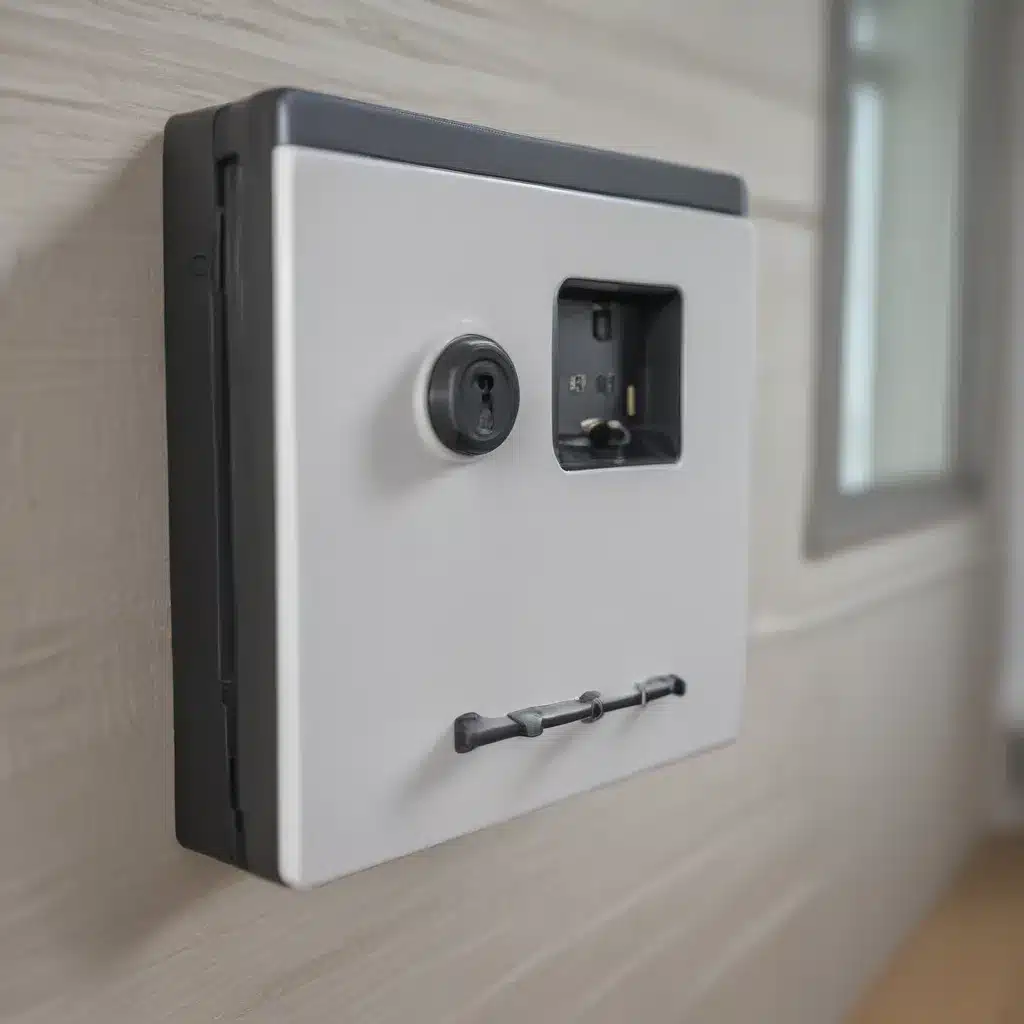The Importance of Backing Up
As the old saying goes, “there are two types of people in this world – those who backup their data, and those who haven’t experienced data loss yet.” In today’s digital age, where our entire lives are stored on our devices, the need for a robust backup solution has never been more crucial. Whether it’s your cherished family photos, important work documents, or the novel you’ve been meticulously crafting, the consequences of losing that data can be devastating.
Imagine the heart-dropping moment when your laptop suddenly stops working, or a virus wipes your hard drive clean. Without a backup plan in place, all those memories, files, and hours of work could vanish into the ether, never to be recovered. That’s a fate I wouldn’t wish on my worst enemy – and it’s precisely why every computer user needs to have a reliable backup strategy in their arsenal.
What to Look for in a Backup System
When it comes to choosing a backup solution, there are a few key features you’ll want to keep an eye out for. After all, not all backup systems are created equal, and the last thing you want is to invest in a solution that leaves your data vulnerable. [1]
Storage Capacity
The first and most obvious consideration is the amount of storage space the backup system can handle. Take a good hard look at the total volume of data you need to protect – from your personal documents and photos to any shared drives or external hard drives you may have. [2] Err on the side of caution and choose a system that can accommodate your current needs, plus a generous buffer for future growth. Nothing’s worse than running out of backup space just when you need it most.
RAID Configuration
Another critical factor is the backup system’s RAID (Redundant Array of Independent Disks) configuration. RAID setups allow you to combine multiple hard drives in a way that provides improved performance, increased storage capacity, and – most importantly – enhanced data protection. [2] Opt for a system that supports at least RAID 5 or RAID 6, which can withstand the failure of one or two drives without losing any of your precious data.
Processor and Memory
Just like your personal computer, the brains and muscle of your backup system play a vital role in its overall performance and capabilities. [2] Look for models with higher-end processors and ample RAM, especially if you plan on using resource-intensive features like data deduplication, encryption, or on-the-fly transcoding. These advanced functions can really take a toll on underpowered systems, leading to frustratingly slow backups and restores.
Network Connectivity
In the modern era of remote work and cloud storage, the ability to access your backup data from anywhere is a game-changer. [2] Make sure your chosen system offers robust network connectivity, with Gigabit Ethernet or even 10GbE ports for lightning-fast file transfers. And if you’re the type who likes to tinker, look for models with expansion slots that let you upgrade the network interface down the line.
Versatile Backup Options
The beauty of a robust backup solution is the flexibility it provides. Ideally, you’ll want a system that offers a range of backup options, from straightforward file/folder backups to comprehensive system image backups. [2] This ensures you can tailor your approach to suit your specific needs, whether you’re trying to protect individual documents or safeguard your entire computer setup.
Cloud Integration
While a local backup system is essential, pairing it with cloud storage takes your data protection to the next level. [2] Look for backup solutions that seamlessly integrate with popular cloud platforms, allowing you to automatically sync your most critical files to an off-site location. This “3-2-1” backup strategy – three copies of your data, two local (on different devices) and one in the cloud – is the gold standard for ensuring your information is safe no matter what.
Putting it All Together
Now that you know what to look for, let’s dive into some real-world examples that tick all the right boxes. [3]
| Model | Price | Description |
|---|---|---|
| Synology DS920+ | $549.99 | A versatile 4-bay NAS with a powerful quad-core processor, 4GB of RAM, and support for RAID 5/6 configurations. Integrates seamlessly with Synology’s robust backup and cloud sync tools. |
| QNAP TS-453D | $599.99 | A feature-packed 4-bay NAS with a blazing-fast Intel Celeron processor, 4GB of DDR4 RAM, and 2.5GbE ports for speedy network transfers. Supports a wide range of backup and cloud integration options. |
| Western Digital My Cloud Pro Series PR2100 | $449.99 | A straightforward 2-bay NAS with a reliable dual-core CPU and 2GB of RAM. Offers RAID 1 mirroring for data redundancy and integrates with popular cloud storage services. A great balance of performance and value. |
No matter which model you ultimately choose, the key is finding a backup solution that meets your specific needs and provides the peace of mind that comes with knowing your data is safe and secure. [4] After all, in this digital age, our most valuable possessions are the ones that exist only in ones and zeros. Isn’t it worth the investment to protect them?
Sources
[1] APC’s UPS Buying Guide for Selecting a Battery Backup System
[2] NAS 101: A Buyer’s Guide to the Features and Capacity You Need
[3] r/espresso Official r/espresso Espresso Machine Budget Buyers Guide
[4] Generator Buying Guide
[5] Generator Buying Guide
[6] UPS Buying Guide
[7] Protecting Personal Information: A Guide for Business
[8] Inverter Buying Guide













